Set backstage at three iconic product launches and ending in 1998 with the unveiling of the iMac, Steve Jobs takes us behind the scenes of the digital revolution to paint […]
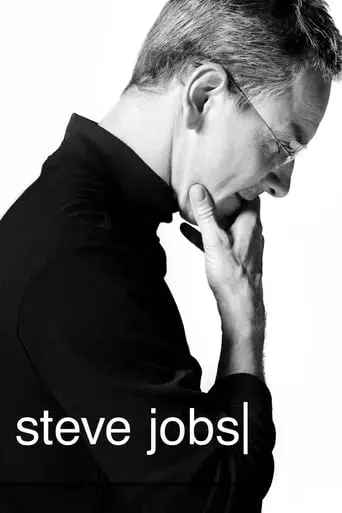
Set backstage at three iconic product launches and ending in 1998 with the unveiling of the iMac, Steve Jobs takes us behind the scenes of the digital revolution to paint […]
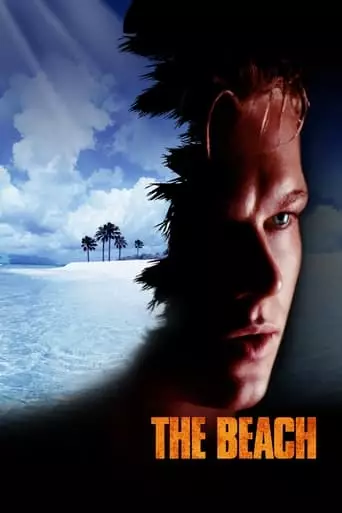
Twenty-something Richard travels to Thailand and finds himself in possession of a strange map. Rumours state that it leads to a solitary beach paradise, a tropical bliss – excited and […]
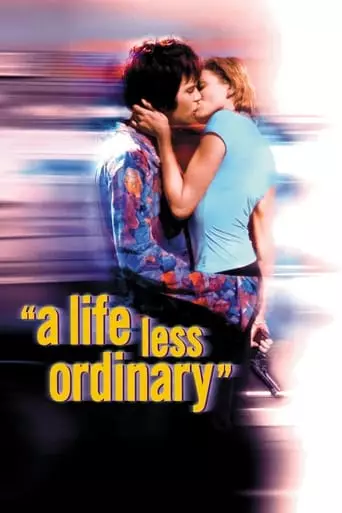
A couple of angels, O’Reilly and Jackson, are sent to Earth to make sure that their next supervised love-connection succeeds. They follow Celine, a spoiled rich girl who has just […]
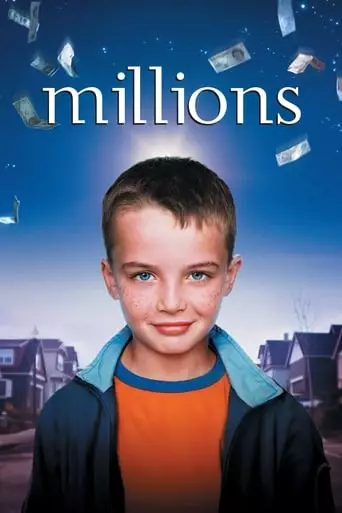
Two boys, still grieving the death of their mother, find themselves the unwitting benefactors of a bag of bank robbery loot in the week before the United Kingdom switches its […]
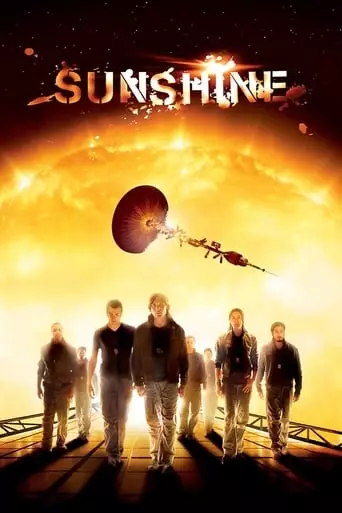
Fifty years into the future, the sun is dying, and Earth is threatened by arctic temperatures. A team of astronauts is sent to revive the Sun — but the mission […]
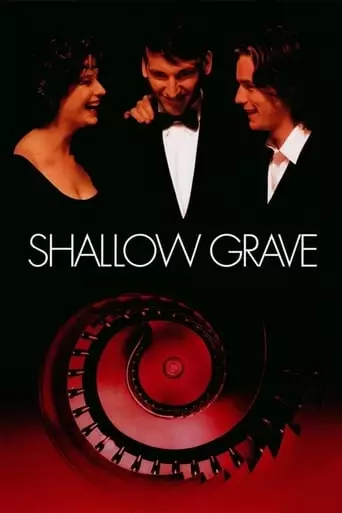
When David, Juliet, and Alex are searching for a fourth roommate for their flat, they settle on the aloof Hugo. However, they soon find Hugo dead, with a large sum […]
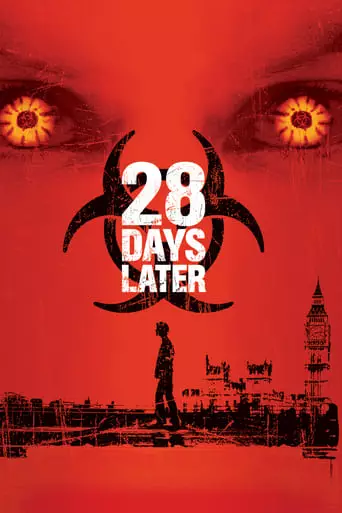
Twenty-eight days after a killer virus was accidentally unleashed from a British research facility, a small group of London survivors are caught in a desperate struggle to protect themselves from […]
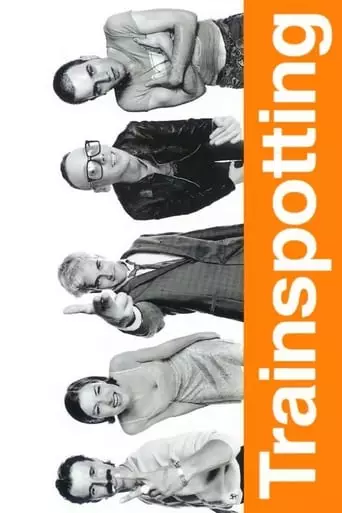
Heroin addict Mark Renton stumbles through bad ideas and sobriety attempts with his unreliable friends — Sick Boy, Begbie, Spud and Tommy. He also has an underage girlfriend, Diane, along […]
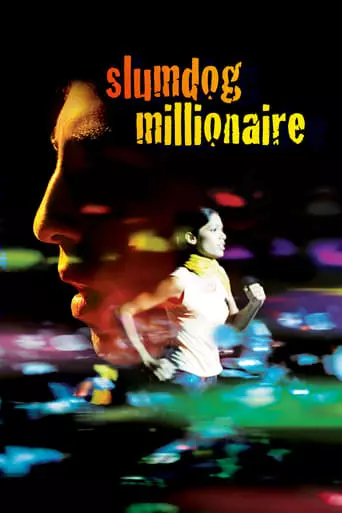
A teenager reflects on his life after being accused of cheating on the Indian version of “Who Wants to be a Millionaire?”.
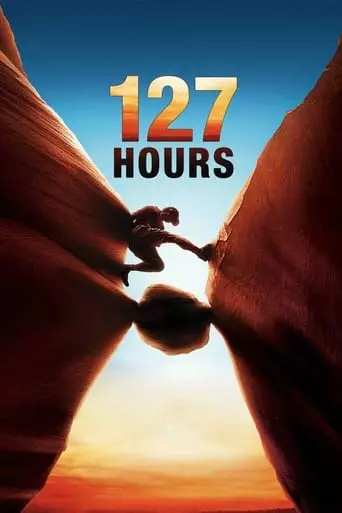
The true story of mountain climber Aron Ralston’s remarkable adventure to save himself after a fallen boulder crashes on his arm and traps him in an isolated canyon in Utah.
Danny Boyle: The Visionary Storyteller of Modern Cinema
Danny Boyle is a British filmmaker celebrated for his eclectic and visually dynamic approach to storytelling. With a career spanning over three decades, Boyle has brought an unparalleled energy and versatility to a range of genres, from gritty urban dramas and psychological thrillers to uplifting tales of human resilience. His ability to craft compelling narratives with stylistic flair has earned him critical acclaim and commercial success, including an Academy Award for Best Director for Slumdog Millionaire (2008).
Early Life and Career Beginnings
Danny Boyle was born on October 20, 1956, in Radcliffe, Lancashire, England. Raised in a devout Catholic family, Boyle initially considered becoming a priest before deciding to pursue a career in the arts. After studying English and Drama at Bangor University, he began working in theater, eventually becoming the Artistic Director of the Royal Court Theatre Upstairs in London.
Boyle transitioned to television in the 1980s, directing episodes of BBC dramas like Inspector Morse and For the Greater Good. His television work showcased his talent for character-driven storytelling and laid the foundation for his cinematic ventures.
Breakthrough with Shallow Grave and Trainspotting
Boyle made his feature film debut with Shallow Grave (1994), a dark comedy-thriller about three flatmates whose lives unravel after discovering a dead body and a suitcase of money. The film was a critical and commercial success, earning Boyle the BAFTA Award for Best British Film and introducing him as a bold new voice in cinema.
His second film, Trainspotting (1996), catapulted him to international fame. Based on Irvine Welsh’s novel, the film offered a raw, energetic depiction of Edinburgh’s heroin subculture. With its kinetic direction, iconic soundtrack, and memorable performances—particularly Ewan McGregor’s turn as the irreverent Mark Renton—Trainspotting became a cultural phenomenon and remains one of the defining films of the 1990s.
Genre-Hopping Success
Boyle’s career has been defined by his willingness to experiment with diverse genres and storytelling techniques. From science fiction to survival drama, he has consistently reinvented himself as a director while maintaining a distinctive visual and narrative style.
Key Films
28 Days Later (2002): A reinvention of the zombie genre, this post-apocalyptic horror-thriller explores the breakdown of society following a viral outbreak. Its use of digital cinematography and stark imagery redefined horror aesthetics and influenced countless films.
Slumdog Millionaire (2008): This rags-to-riches tale of a young man from the slums of Mumbai became a global sensation. The film won eight Academy Awards, including Best Picture and Best Director, and showcased Boyle’s ability to blend heart-pounding drama with a sense of hope and triumph.
127 Hours (2010): A survival drama based on the true story of Aron Ralston, a mountaineer trapped in a canyon. Starring James Franco in a career-defining performance, the film’s intense narrative and innovative visuals earned widespread acclaim.
Steve Jobs (2015): A biographical drama about the tech icon, Boyle collaborated with screenwriter Aaron Sorkin to deliver a sharply written, character-driven exploration of creativity and ambition.
Hallmarks of Boyle’s Style
Kinetic Energy and Visual Flair
Boyle’s films are marked by their dynamic pacing and bold visual choices, often employing vibrant colors, unconventional camera angles, and rapid editing. His approach creates an immersive, almost visceral experience for viewers.
Diverse Themes and Characters
From the disillusioned youths of Trainspotting to the underdog hero of Slumdog Millionaire, Boyle’s films often focus on characters facing extraordinary circumstances. His stories explore themes of survival, redemption, and human connection, resonating across cultural and geographic boundaries.
Collaborative Spirit
Boyle has a history of fostering strong collaborations, particularly with screenwriters like John Hodge (Trainspotting, Shallow Grave) and actors such as Ewan McGregor and James Franco. His ability to inspire trust and creativity in his teams has been a key factor in his success.
Theater and Television
In addition to his film work, Boyle has made significant contributions to theater and television. He directed the critically acclaimed stage production of Frankenstein (2011) for London’s National Theatre, starring Benedict Cumberbatch and Jonny Lee Miller, who alternated in the roles of Victor Frankenstein and the Creature.
Boyle also directed the London 2012 Olympic Games opening ceremony, a spectacular celebration of British culture that was widely praised for its inventiveness and emotional resonance.
Challenges and Legacy
Boyle’s career has not been without challenges. His strained relationship with Ewan McGregor, who was replaced by Leonardo DiCaprio in The Beach (2000), created a rift that lasted years, though they eventually reconciled for T2 Trainspotting (2017). Additionally, Boyle exited the James Bond film No Time to Die (2021) due to creative differences, underscoring his commitment to artistic independence.
Despite these hurdles, Boyle remains one of cinema’s most versatile and innovative directors. His ability to tell deeply human stories while pushing the boundaries of visual storytelling has earned him a lasting legacy.
Conclusion
Danny Boyle is a filmmaker who refuses to be confined by genre or convention. Whether exploring the chaotic underworld of addiction, the desolation of a post-apocalyptic world, or the triumph of the human spirit, his films resonate with raw emotion and boundless creativity. A true visionary, Boyle’s work continues to inspire audiences and filmmakers alike, cementing his place as one of modern cinema’s great storytellers.